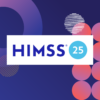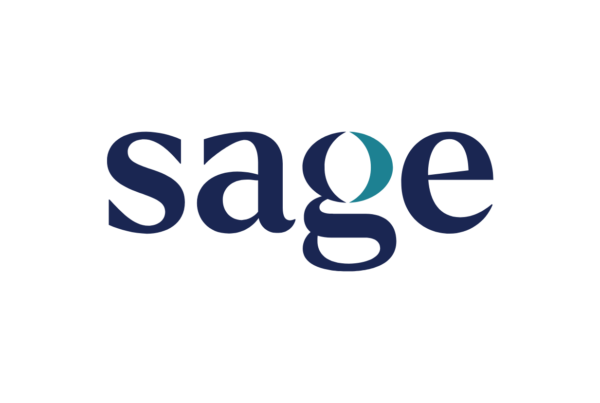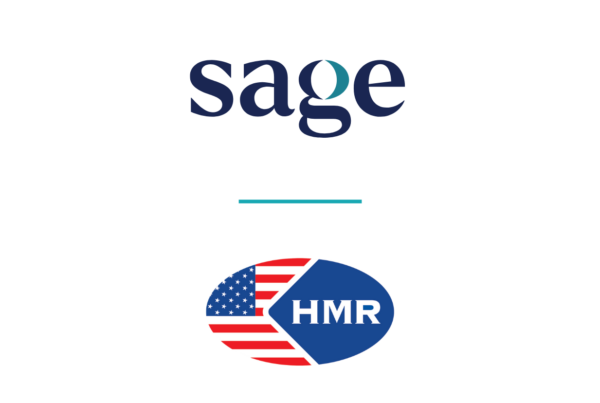Survey results indicate that most organizations are planning to invest in AI within the next 1-3 years and are expecting AI to be widespread throughout revenue cycles within 5 years
Baltimore, MD, September 12– Sage Growth Partners (Sage), a healthcare growth strategy and marketing firm with deep expertise in market research, go-to market strategy, and marketing communications, has announced new data findings that indicate where health systems, hospitals and physician practices are planning to invest for future revenue cycle success.
Sage was commissioned by Atlanta-based Ingenious Med to conduct an independent, double-blind survey of 101 industry leaders. The survey results overwhelmingly revealed that healthcare executives are experiencing a marked shift in their thinking about AI for improving revenue cycle management (RCM).
In fact, more health system, hospital, and physician group leaders indicated that they are planning to invest in AI for RCM within the next 1-3 years and are expecting AI to be widespread in revenue cycles in 5 years. Survey participants also recognized the power of AI to effectively address some of the most pressing RCM issues, notably patient payment estimations, coding, charge capture, cash flow, payer payments and denials prevention/management.
Among other key survey findings:
- 82% of respondents say AI will have a positive impact on revenue cycle management
- 67% indicated they are planning to leverage AI for denials prevention
- 65% stated they will leverage AI for coding and 51% for charge capture
- 73% say that AI will be widespread in RCM within 5 years
“Our new research has found that there is a noted level of dissatisfaction with current industry RCM solutions,” said Dan D’Orazio, CEO, Sage Growth Partners. “As organizations evaluate new solutions, they are looking to increase revenue, reduce manual labor to help with the ongoing workforce crisis, and leverage smart analytics. Hospitals and physician groups that fail to keep pace with AI advancements in their revenue cycle will continue to experience challenges and pain points that inhibit revenue and sustainability for the foreseeable future.”
The research also found that clinicians spend considerable time on coding and charge capture efforts, with those surveyed saying that one-third of their physicians spend at least 5-10 hours per week preparing documentation to substantiate charges, while 46% say their physicians spend between 2-5 hours.
“Sage’s new research clearly shows that today’s revenue cycles are stressed and require extensive manual labor to manage. But, perhaps most importantly, organizations are leaving a significant amount of revenue on the table,” said Jason Stein, MD, Chief Medical Officer, Ingenious Med. “AI is a significant game-changer for our industry and I believe it will continue to have a positive impact on revenue cycle processes, efficiency, and fiscal performance.”
The complete survey findings are available in a new report, From AI Optimism to Action.
About Sage Growth Partners
Sage Growth Partners is a healthcare growth strategy and marketing firm with deep expertise in market research, go-to market strategy, and marketing communications. Founded in 2005, the company’s extensive domain experience ensures that healthcare organizations thrive amid the complexities of a rapidly changing marketplace. Sage Growth Partners serves clients across the full healthcare spectrum, including GE Healthcare, Medecision, ProgenyHealth, Kyruus Health; Best Buy Health, New Jersey Brain and Spine, the National Minority Health Association, and Philips Healthcare. For more information, visit sage-growth.com.
About Ingenious Med
Ingenious Med® delivers intuitive point-of-care tools that optimize physician productivity and hospital performance. Our easily implementable mobile and web solutions help health systems and physician groups simplify revenue capture, gain actionable analytics, support value-based alignment and optimize workflows across the healthcare continuum. Used in over 80,000 patient encounters every day, we provide physicians, practices and health systems unique insights that strengthen revenues and support their focus on improved patient care.
###




